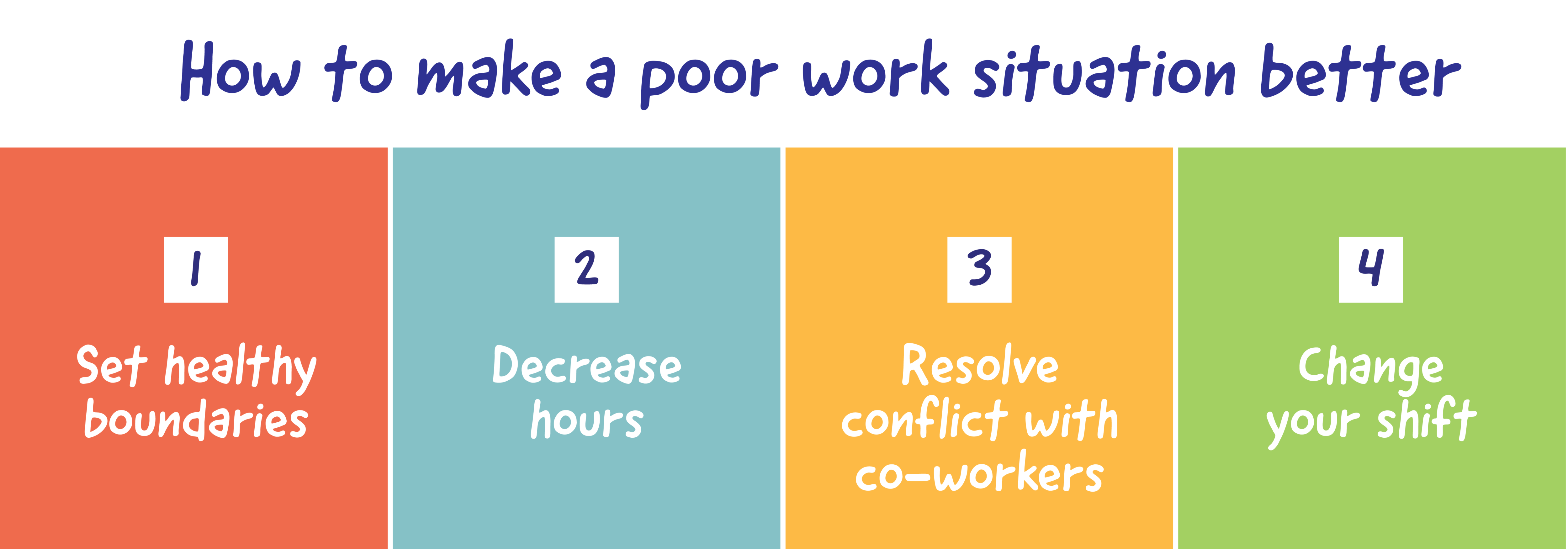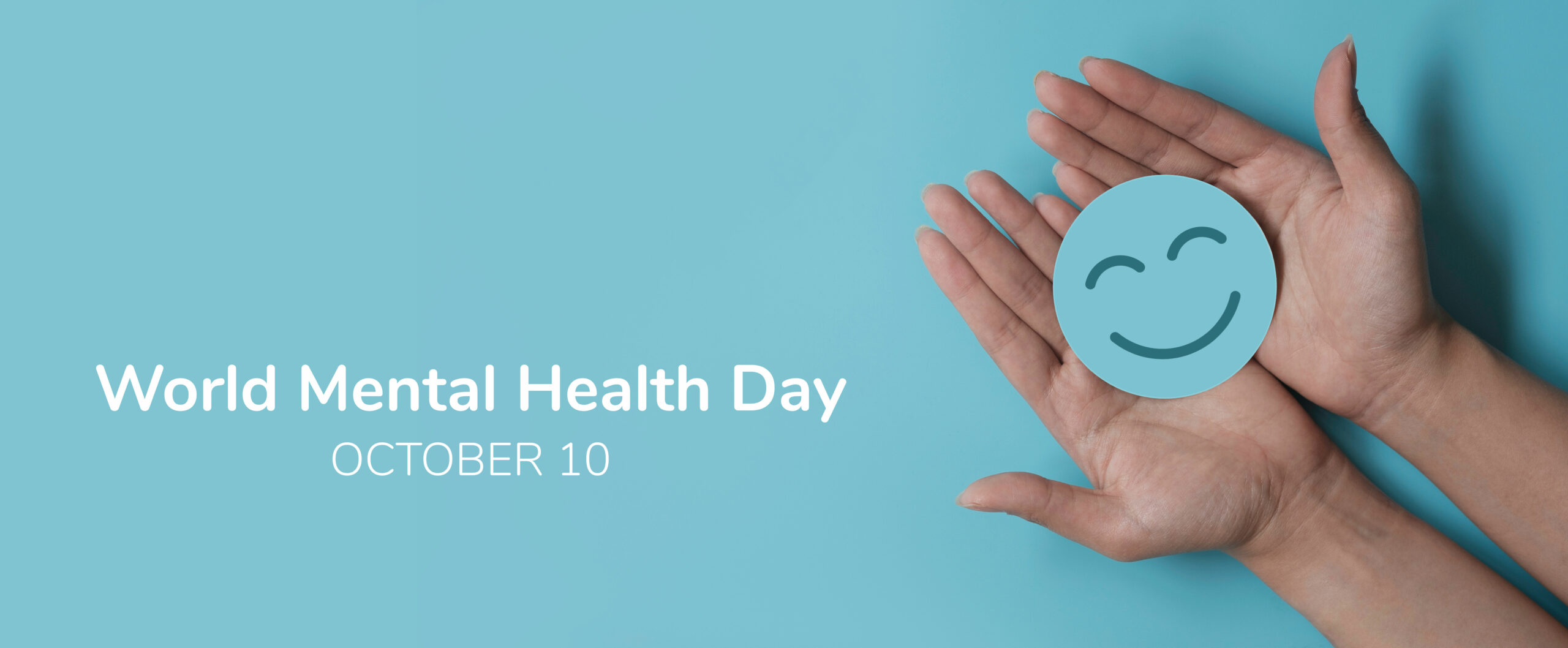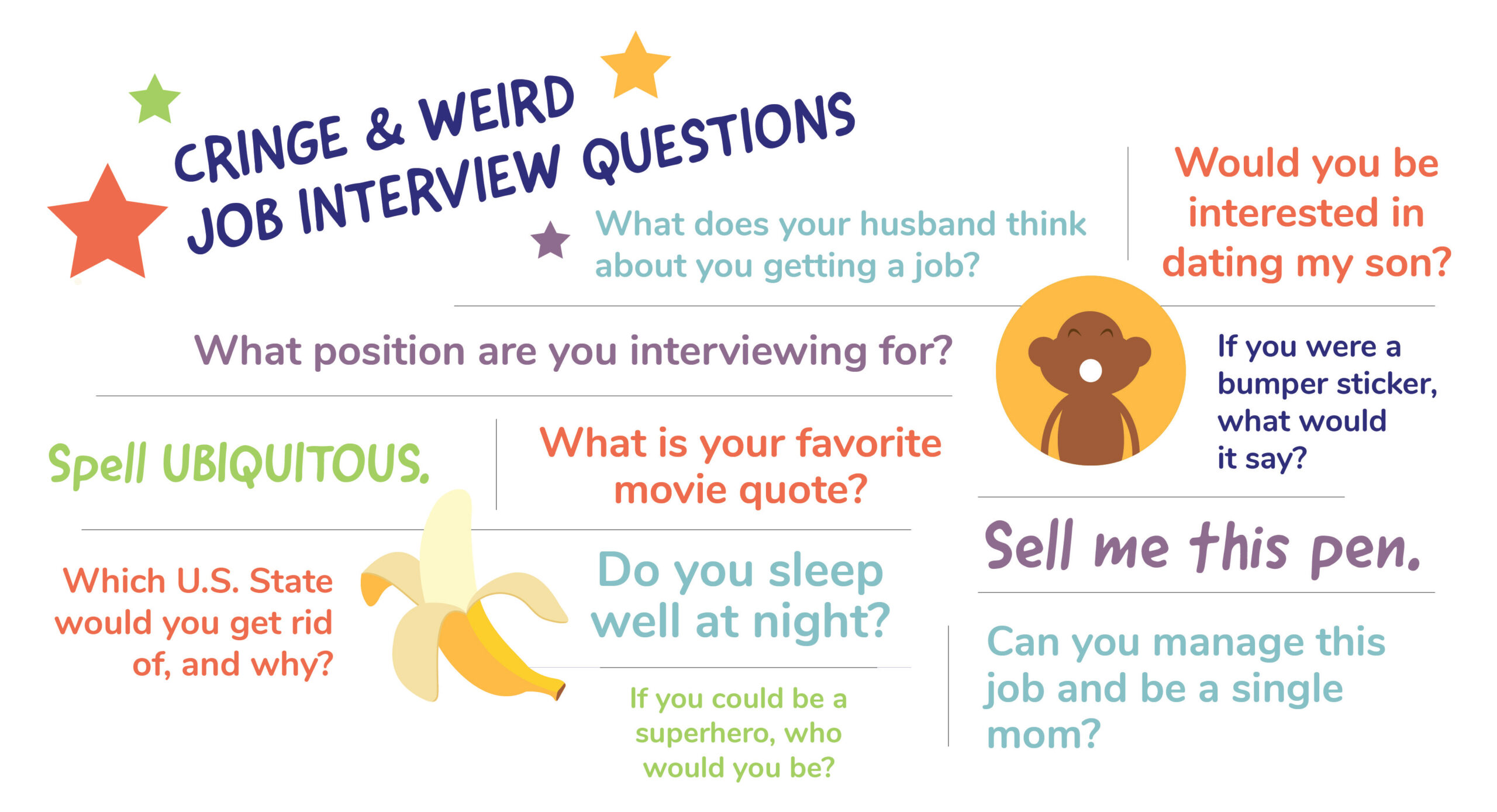Brenda Anderson, founder of Jipe, sat down with therapist and mental health expert, Allyson Evans, to understand how work affects mental health.
Allyson Evans, LMFT, Associate Clinical Director Utah Valley Counseling owned by Sela Health, the largest mental health clinic in Utah, has worked with 100s of clients work through issues of depression, anxiety, and relational conflict. Her passion lies in empowering people to make positive and lasting change.
According to Evans, work does affect your mental health. The affect can be positive or negative. The outcome depends on a combination of your approach and attitude as well as the work conditions and environment.
Let’s dive into both sides of the equation to better understand how work may affect your mental health.
Do jobs improve mental health?
Unfortunately, it’s not a simple yes or no answer.
On a large scale, jobs are essential to a functioning society. If nobody had jobs, society would fall apart and cause a lot of stress resulting in a negative mental health outcome for everyone.
So you see, jobs and mental health are interconnected. In general, work affects mental health in a positive way because it provides:
- A functioning society
- Structure for day-to-day life
- Means to resources
- Social outlet
- Satisfaction
- Accomplishment
- Feelings of usefulness and value
People who can relate to their jobs in a meaningful way have a lot of improved mental health benefits from working.
Work Environment Effects on Mental Health
Jobs are important to help us meet our needs and survive. But that doesn’t necessarily mean we will be satisfied with any job that helps us meet our financial obligations.
If you are working a good job that promotes healthy lifestyle, has good management, provides access to resources needed to thrive in your work, and you are satisfied with the pay, then yes! Working can improve your mental health because you feel successful, productive, and valued.
On the flip side, if you feel overworked, underpaid, and don’t have access to the tools to success, then your work environment can be detrimental to your health.
Some of the factors are out of your control, so it is best to find a job that does offer what you value most—such as pay, flexibility, and management.
Attitudes and Approach to Work
People value experiences that help them learn new things. When you apply that to work experience, you are more likely to have a better attitude toward work.
Having a job is a developmental phase of self-discovery. You will learn what your skills and strengths are, who you like being around, and what things enjoy or do not enjoy doing.
When you get a job, you are investing in yourself. You receive work-experience education while getting paid to do so. When you view your job as an experience to learn about yourself and learn new skills—not just about earning money—you will have more satisfaction and happiness within your work. This self-fulfillment is good for your identity and overall well-being.
How to Make a Poor Situation Better
Sometimes your work environment may not be the greatest fit for you, leaving negative effects on your mental health. When you have a positive approach, these situations can be a learning opportunity to set boundaries and discover what works well for you.
Here are a few things you can do to help improve the situation.
- First, find the root of the problem; understand what aspect of this job is getting in the way of you being successful
- Talk to parent or a loved one for advice
- Seek professional help
- Assess your priorities and make sure you’re taking care of things that matter most to you (i.e. school first)
Then, be assertive and express your concerns to your boss. Come up with a solution together.
- Set healthy boundaries
- Decrease hours
- Resolve conflict with co-workers
- Change your shift
If you find yourself overwhelmed and stressed out, it doesn’t always mean the job is overwhelming. It usually means there is an issue to confront and an opportunity for you to learn how to navigate the employer-employee relationship. As you learn to handle these situations, you will feel more empowered to take control of the mental health effects of your job.

If something isn’t fitting or working, quitting without exploring other options first is a form of avoidance that will simply create a repeatable pattern at your next job—resulting in stress and diminished mental health.
However, sometimes leaving your job and finding a better fit is the best option for you and your mental health. The process to coming to that conclusion will be a learning and growth experience that will help you find a better situation for your next job.
Key Takeaway
In any job you have seek to find meaning and purpose. Having a meaningful job will help improve your mental health. Setting healthy boundaries within your work environment will help you monitor the effects that your job has on your mental health. To being looking for your first or next job, download the Jipe app today!










